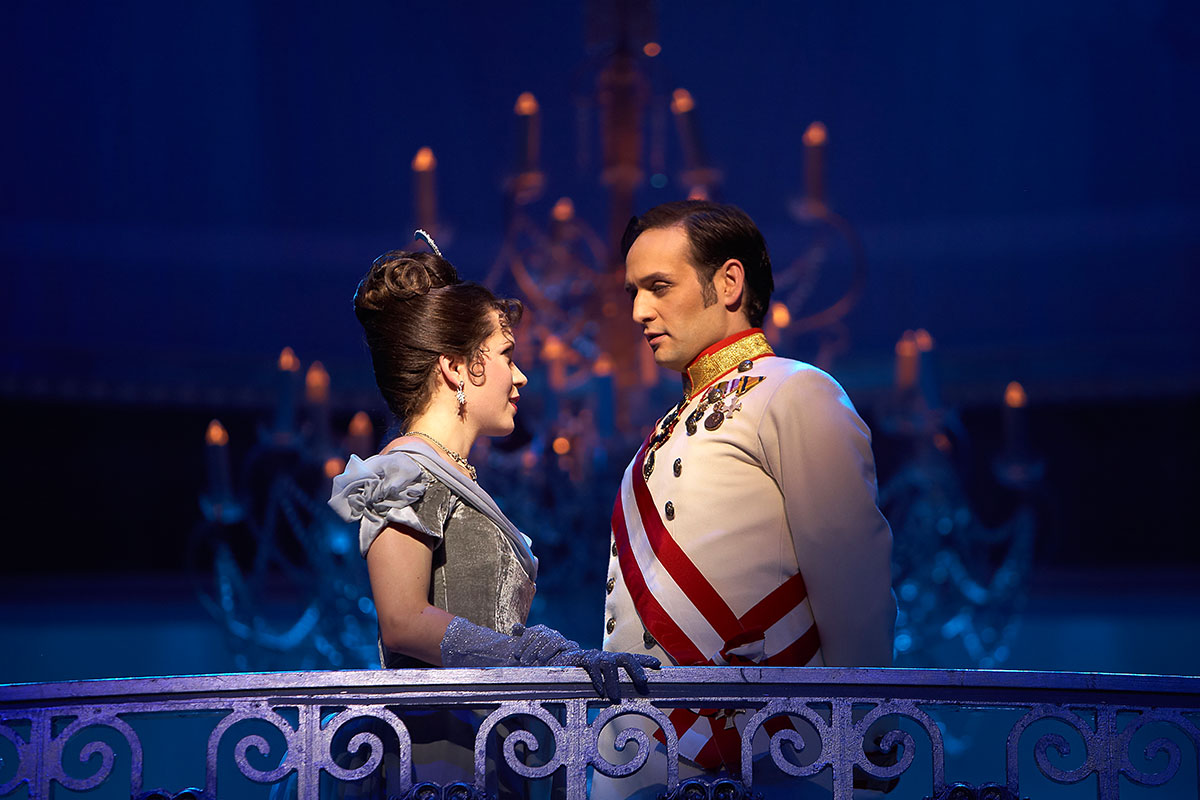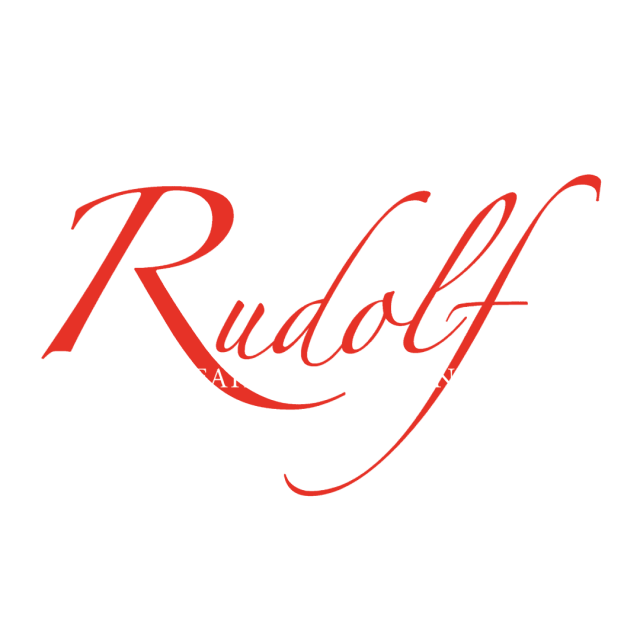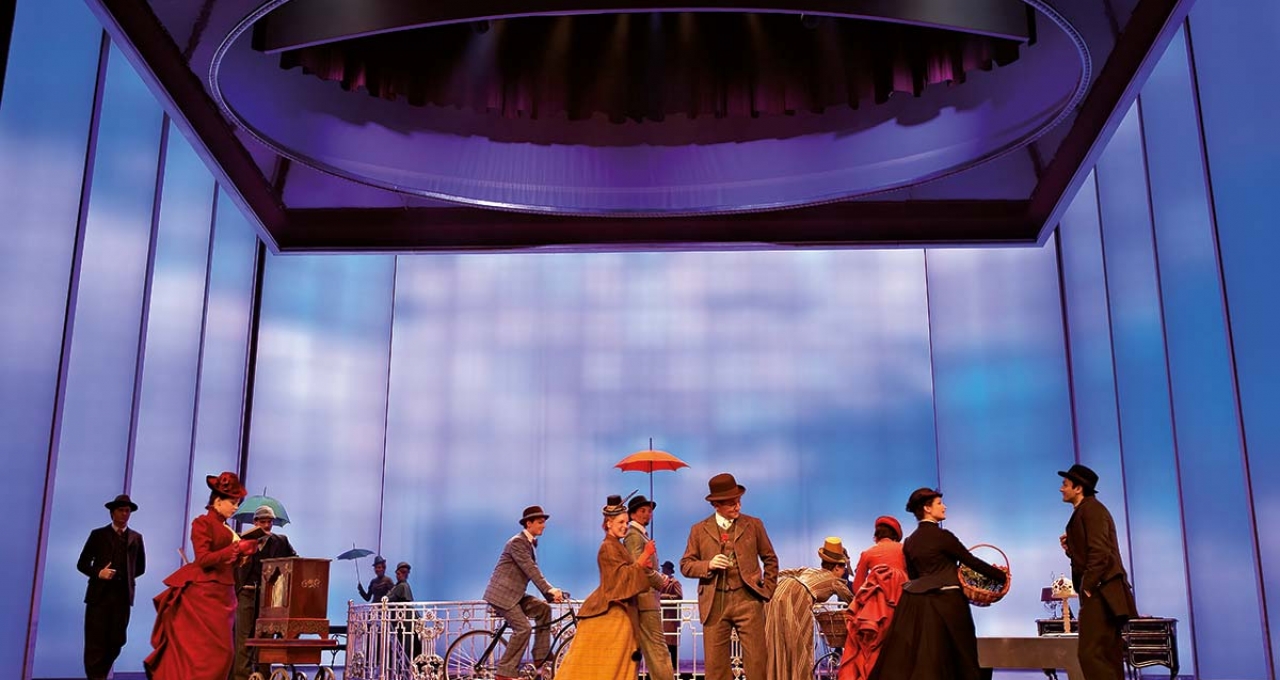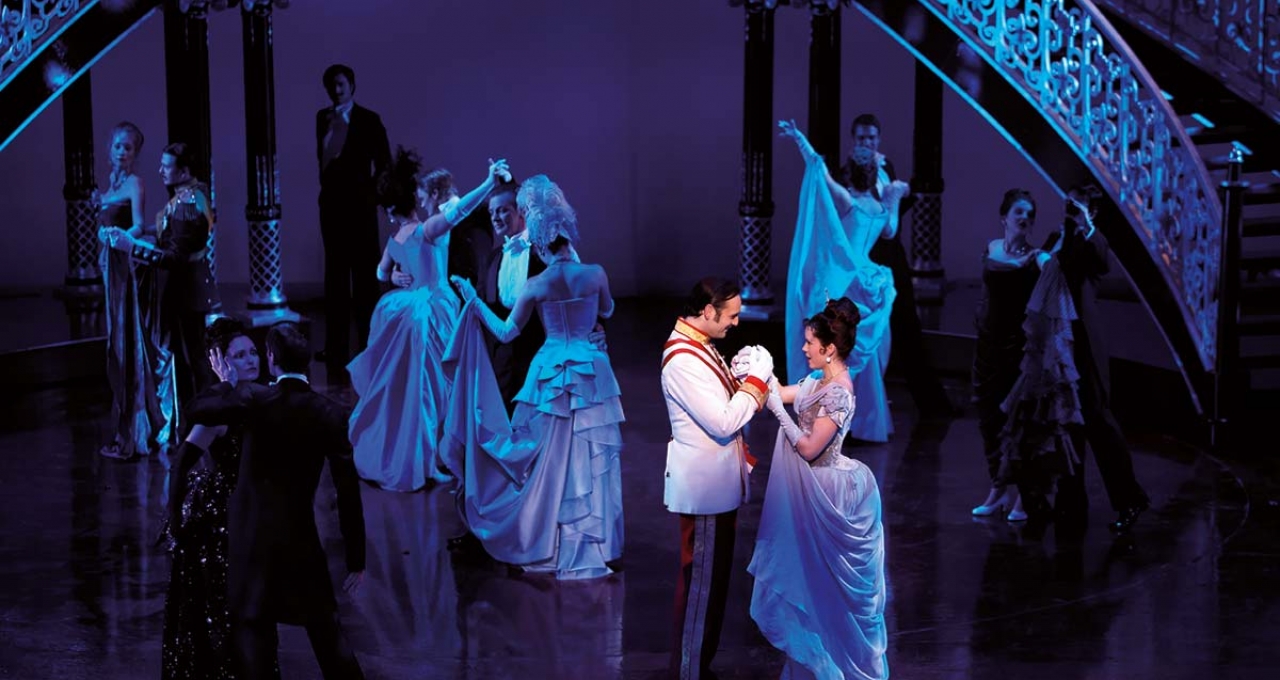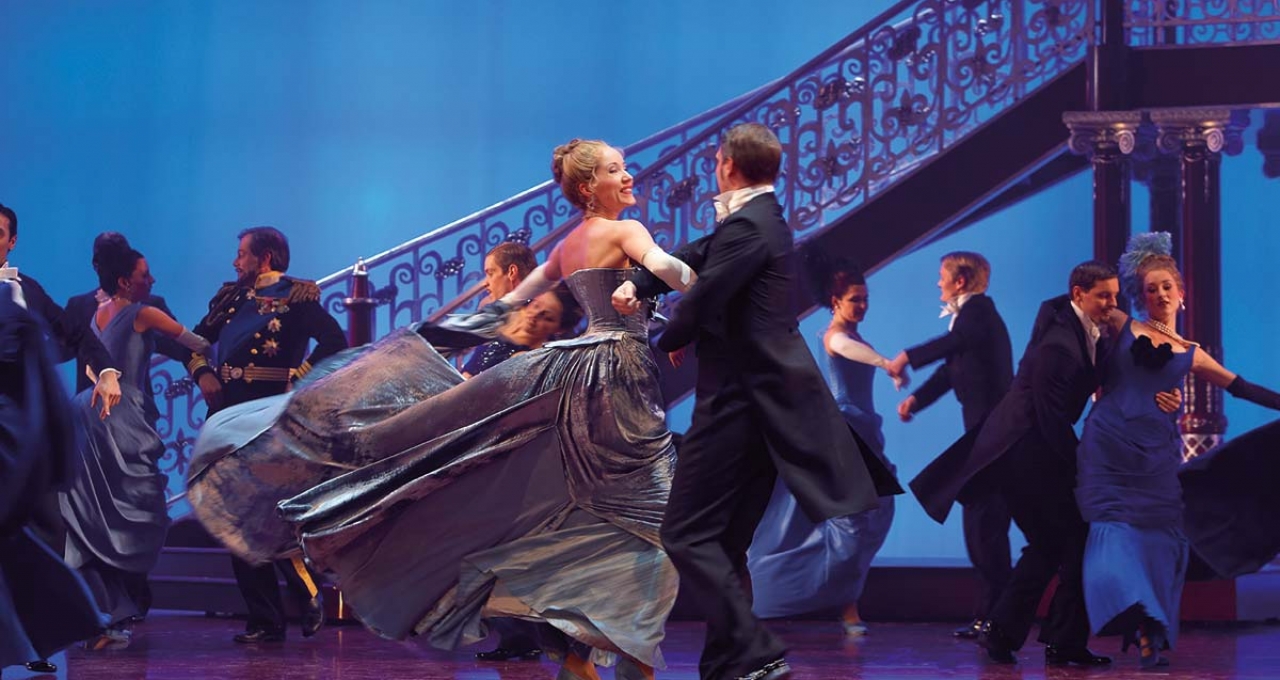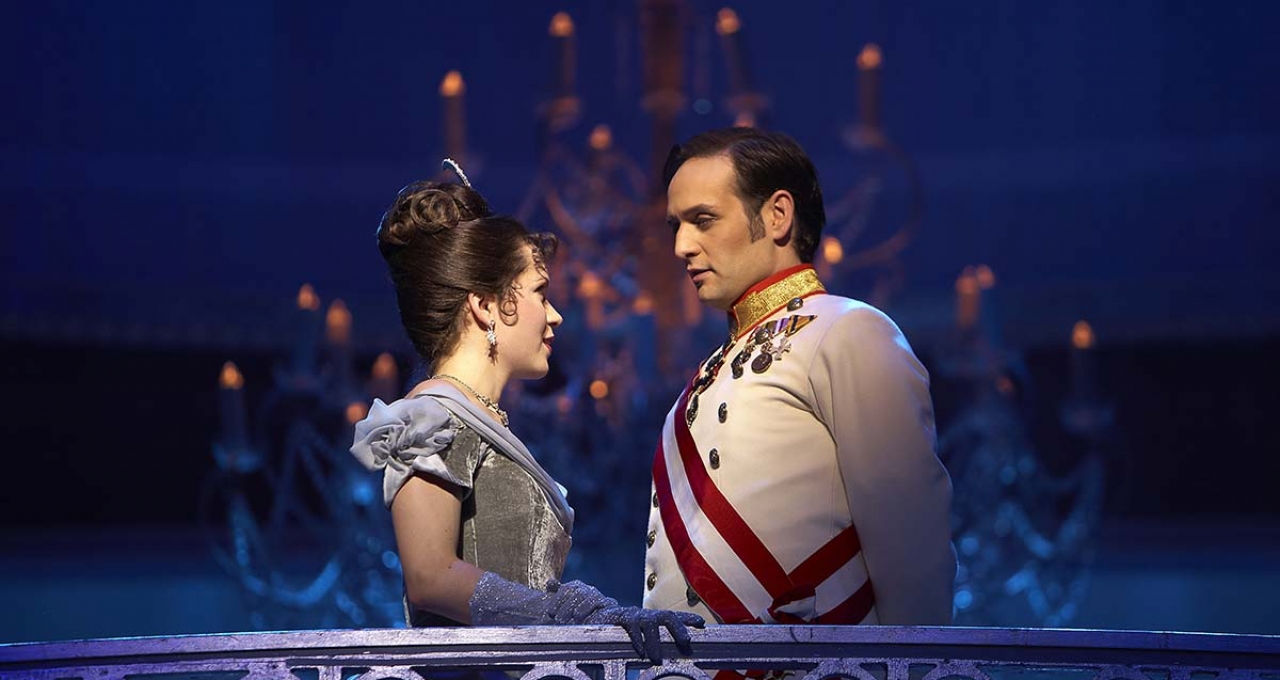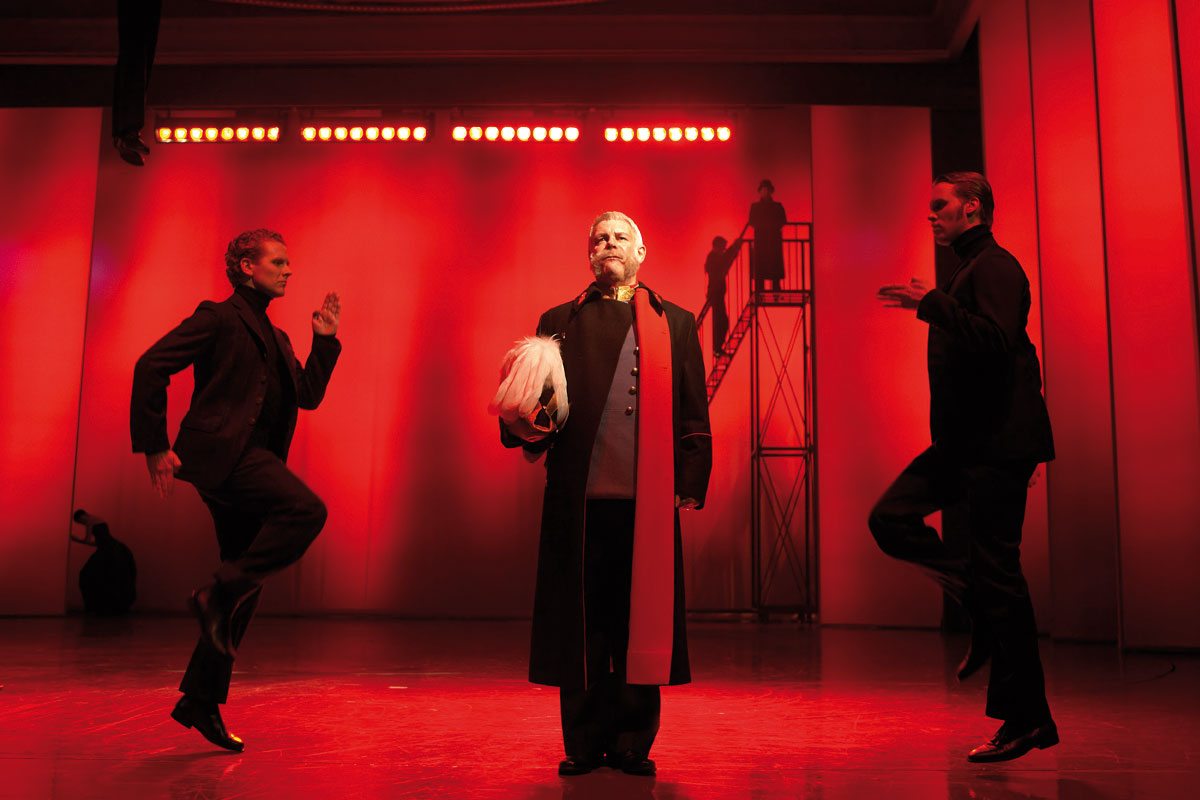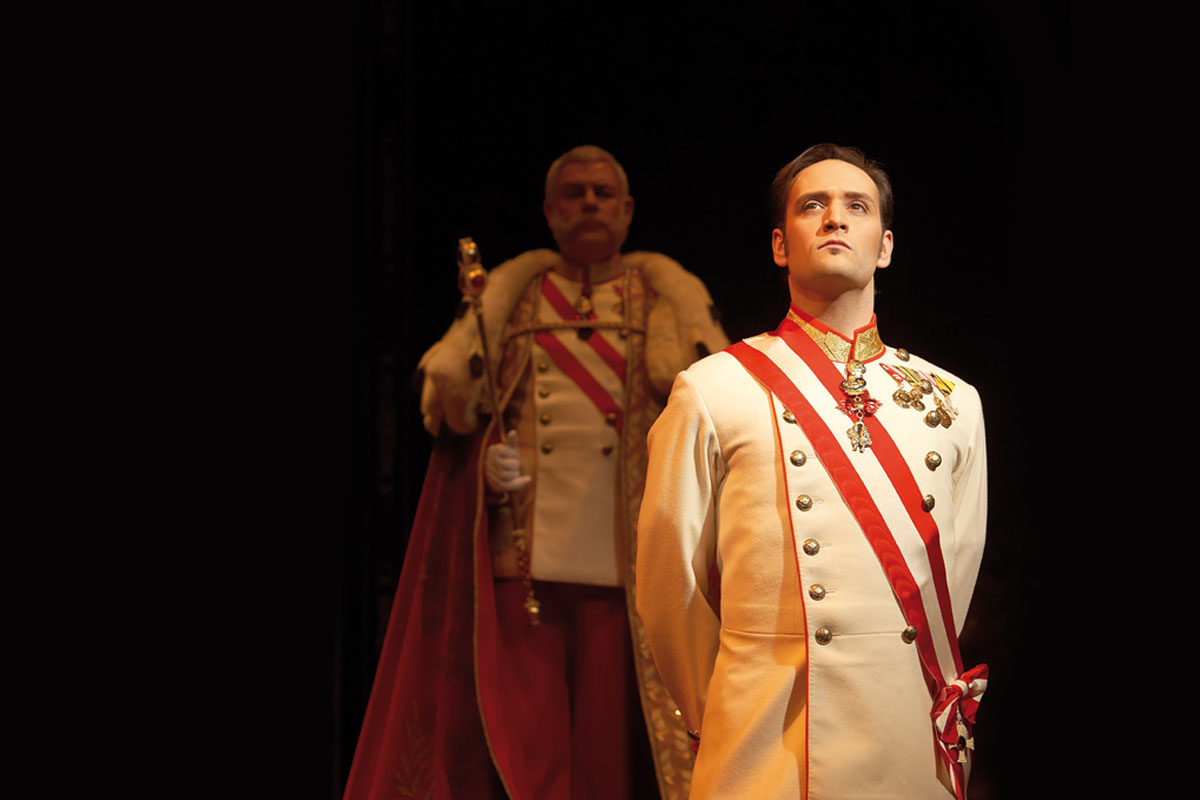Additional Tracks
Full musical soundtrack CDs available on request. Please contact us for our promotion packages.
Introduction
Based on the true life story of Rudolf, Crown Prince of Austria, RUDOLF recounts the life of a young and sensitive visionary reformer, destroyed by political intrigue and his own fateful passion.
Following the resounding success of ELISABETH, VBW again turned to the Austrian Habsburg dynasty as an inspiration for yet another remarkable dramatic musical masterpiece. Using modern music and choreography, RUDOLF – AFFAIRE MAYERLING is based on the tragic fate of Rudolf, Crown Prince of Austria, son and heir-apparent of Emperor Franz Joseph I and Empress Elisabeth (the legendary “Sisi”). Aged only 30, he died an early death by his own hand.
His death, along with that of his 17-year-old mistress, Baroness Mary Vetsera, at his Mayerling hunting lodge in 1889 made international headlines. Whether the sensitive and liberal-minded aristocrat’s suicide was sparked by an unhappy love affair, his loveless marriage to his wife, Crown Princess Stephanie, the rejection by his austere father and his absent mother or even a political intrigue set up by his mighty adversary, Austrian Prime Minister Count Eduard Taaffe remains obscure to this day, making the incident one of the most fascinating and haunting myths and mysteries of Austrian and European history.
In a similar vein to its predecessor, ELISABETH, this enthralling musical drama combines elements of powerful universal appeal: an absolutist ruler, his sensitive and troubled son, an empire on the eve of its decline, the clash of an upcoming 20th century with its new liberal and social ideas against an expiring 19th century still steeped in strict feudal tradition – and the fateful conflict between personal happiness and public duty. Based on Frederic Morton’s bestselling novel A Nervous Splendor, RUDOLF brings this dramatic, mysterious and darkly romantic episode in Austrian history to spectacular new life. Drawing from the book’s historical backdrop, Frank Wildhorn, composer of the worldwide hit musical JEKYLL & HYDE, and renowned author Jack Murphy created a romantic chef d’oeuvre full of longing and passion.
RUDOLF paints a riveting portrait of the young prince as a liberal thinker and sensitive social reformer, carrying an entire empire’s hopes for an open, modern and socially aware Europe. Yet at the same time he is destined to be crushed by a rigidly old-fashioned and stultifying social environment based on rigid conservative values, represented by his obstinate father Franz Joseph I. Still, Rudolf strives to pursue his own idealistic path until his final defeat, riddled by nagging doubts and accompanied by his teenage lover, Baroness Mary Vetsera, a loyal and beautiful kindred spirit who shares his vision. Leading an ill-fated double life, both politically and privately, Rudolf finds himself trapped by the ruthless and powerful Prime Minister Count Eduard Taaffe, who insidiously puts his knowledge of the Crown Prince’s secret political activities to use to ruin his career – and as a consequence, his life.
RUDOLF does not attempt to explore in detail the backgrounds of this historical and personal tragedy. Instead, the ideological and romantic motives are represented by wonderfully sweeping melodies, passion-filled ballads and marvellously evocative stage sets and lighting design. The precise circumstances of the infamous “Mayerling Affair” and the deaths of Rudolf and Mary remain mysteriously shrouded in darkness – just as they will forever be in real life.
Success Story & Production Notes
A spectacular retelling of a prince's last days.
The second Habsburg musical by VBW –
driven by a dramatic score and magnificent stage and lightning design.
The first foreign premiere by VBW, RUDOLF – AFFAIRE MAYERLING opened as a licensed production in Budapest in May 2006. In spring 2008 the Japanese version opened at the Imperial Theatre in Tokyo. The German-language version ran at the Raimund Theatre in Vienna from 2009 to 2010 followed by productions in Hungary (Pécs, 2010 - 2012) and South Korea (Seoul and Tour): 2012 – 2013; 2014 – 2015 and 2017 - 2018 (en suite). In Korea and in Japan RUDOLF – AFFAIRE MAYERLING runs under the title THE LAST KISS.
The Viennese production, directed by British multi-Tony Award nominee David Leveaux (FIDDLER ON THE ROOF) underscores VBW’s policy of focussing on original productions in a compelling way. One of this production’s most remarkable features is an impressive revolving stage section, allowing set designer Mike Britton (Royal Shakespeare Company, numerous Shakespeare plays) to create scenes with tremendous vibrancy and movement, such as the opulent Ringstrasse and iceskating scenes.
The atmospheric lighting that heightens the tension as the web is drawn ever more tightly around the two hapless lovers is designed by one of world’s true masterminds in the field: Patrick Woodroffe, whose credits read almost like a Who’s Who of rock, classical and stage music: ABBA, Bob Dylan, The Police, Stevie Wonder, Elton John, Van Morrison, the Rolling Stones, Phil Collins, Depeche Mode, Tina Turner, the Los Angeles Philharmonic Orchestra, the English National Ballet, Son et Lumière in the Wynn Hotel in Las Vegas, Cirque du Soleil, the Millennium Dome in London and Michael Jackson’s This is It tour and film.
Above all, the musical is characterized by dramatic ballads that powerfully convey a huge range of emotions, from anger, despair and gnawing uncertainty to tender love, joie de vivre and revolutionary fervor. And thus, the magnificent yet fragile Habsburg Empire slowly crumbles in time to the beguiling notes of the Viennese waltz ...
Press Review
-
“The musical Rudolf looks set for a long run. And who better to preserve the legacy of the monarchy than the Vereinigte Bühnen Wien?”
-
“Standing ovations at the premiere at the Raimund Theater: the musical Rudolf scores with a tremendous story and great theatrical opulence. The production sets a spectacular imperial and royal stage carousel in motion that eventually throws off the heir to the throne. Viennese atmosphere with glittering Broadway flair.”
-
“While half a dozen towns in Germany do their utmost to become strongholds of musicals, Vienna has long been one and […] also provides the storyline. Applause.”
-
“Women love Rudolf, but he only loves his Mary, who is not just beautiful but his soul mate: Mary and Rudolf have some touching, passionate scenes together, whether they are rollerblading across the stage with a cute snowman or embracing in the bedroom.”
Credits & key facts
- World premiere:
2006 Hungary / Budapest
- Book & Lyrics:
Jack Murphy
- Additional Lyrics:
Nan Knighton
- Music:
Frank Wildhorn
- Story by:
Frank Wildhorn & Phoebe Hwang
- Concept by:
Frank Wildhorn & Steve Cuden
- Orchestrations:
Kim Scharnberg
- Arrangements & Additional Orchestrations & Musical Supervisor:
Koen Schoots
- Based on the novel:
A Nervous Splendor by Frederic Morton
- Director:
David Leveaux
- Choreography:
John O'Connell
- Set Design:
Mike Britton
- Costume Design:
Laura Hopkins
- Lighting Design:
Patrick Woodroffe
- Sound Design:
Hendrik Maassen
- Musical Director:
Caspar Richter
- Visitors worldwide:
almost 600.000
- Shows worldwide:
over 2.400
- Countries:
Austria, Hungary, Japan, South Korea
- Language versions:
German, Hungarian, Japanese, Korean
Main Characters
-
Crown Prince Rudolf
Highly educated, passionate, idealistic and sensitive, the 30-year-old Rudolf feels the despair of the common people and sees the need for reforms. His liberal views result in violent quarrels with his conservative father. Adding to this, his marriage is loveless, driving him to seek solace in brothels and alcohol. Mary Vetsera’s love for him gives him a new lease on life and encourages him to stand up for his liberal principles. But the heir to the throne cannot prevail against tradition and the scheming of Prime Minister Taaffe and is finally crushed by the fatal course of events.
-
Baroness Mary Vetsera
“Better to die at once than to die a little every day.” Living up to this motto, the 17-year-old baroness is vivacious, unaffected, pert and sharp-witted. A political and romantic idealist, she dreams of finding the perfect man. When she discovers that no one else but Rudolf is “Julius Felix,” a journalist whose revolutionary articles have struck such a chord with her, she senses that she has found her soul mate. She persuades Rudolf to have the courage to stand up to his convictions, while she herself is bold enough to resist her family’s matchmaking strategies and Count Taaffe’s attempts to bribe her, though the money from both sources would save her family from financial ruin.
-
Eduard Count Taaffe, Prime Minister
Franz Joseph’s prime minister and right-hand man is a merciless, scheming cynic. He pulls the strings at court and will stop at nothing to maintain the old order. Unscrupulous and calculating, he tries to suppress the free press, traps Rudolf with his network of spies and threatens Mary. A dark and menacing presence, he even haunts Rudolf in his dreams.
-
Emperor Franz Joseph I.
A strict and conservative authoritarian and a domineering father who expects total obedience from his son. To him, reforms and alternative political alliances are nothing short of unthinkable and he refuses even to consider them. He sees his duty and the interests of the Monarchy as paramount, even to the point of casting out his own son.
-
Countess Marie Larisch
Baroness Mary Vetsera’s aunt and Rudolf’s former confidante and lover. She has a deeply affectionate relationship with her niece and a love of life. At the same time she is greatly concerned about the financial dilemma facing the family and about Rudolf when she sees him being maneuvered into an impossible situation.
-
Crown Princess Stephanie
Deeply suffering from his rejection, Rudolf’s wife presents a proud and resolute face to the world. While resigned to her husband’s philandering, she is determined to stick to her marriage and to hang on to the title of Crown Princess.
Synopsys
„Inexorably turns the wheel of time.“
-
Act I
A fateful dispute and a budding love affair
The grand opening of the Burgtheater in Vienna, attended by Crown Prince Rudolf, his unloved wife Stephanie, Emperor Franz Joseph and Prime Minister Count Eduard Taaffe. The Emperor switches on the electric lights, a new and revolutionary invention.
While the illustrious guests marvel at the new technology, the common townsfolk are roaring with anger and despair. The show is interrupted when a female worker rushes onto the stage and shoots herself. Panic ensues. In vain, Rudolf and Mary Vetsera run to her aid from opposite directions. “But why?” Rudolf wonders and the teenage Baroness replies: “Better to die at once than to die a little every day.”
The following morning, the Emperor discusses the “liberal delusions” of an opposition journalist calling himself “Julius Felix” with Rudolf. Dodging the truth that he himself hides behind the writer’s nom de plume, Rudolf instead tries to turn the conversation to the suicide that took place on the previous evening, but his father refuses to listen. The two quarrel violently about future political alliances. Franz Joseph wants to renew the alliance with Prussia and rejects his son’s alternative suggestions out of hand.
A week later, at a ball held in honour of Germany’s young emperor Wilhelm II., Rudolf’s conservative and narrow-minded cousin, the Crown Prince meets Mary Vetsera again and dances with her, marking the beginning of their ill-fated love affair.
A vicious intrigue casts its shadows
Prime Minister Count Taaffe threatens the editor of the newspaper that publishes Julius Felix’s articles and has the newspaper’s office ransacked. When Rudolf meets his allies at the devastated premises, they urge him to sign their pact demanding a new political alliance without Prussiaan act that would be tantamount to high treason against his father. Rudolf hesitates, then refuses. Mary Vetsera, an avid reader of Julius Felix’s articles, enters the offices under the pretext of placing an advertisement, in hopes of meeting the mysterious author. Rudolf admits that it is he who hides behind the pseudonym.
Taaffe’s spies follow the couple to an ice rink. Mary still cannot believe that her political hero and the Crown Prince are one and the same person. Rudolf bemoans his complicated and unhappy life and claims that only at Mayerling Castle are things simple: only there, at his hunting lodge in the Vienna Woods, where he habitually retreats to pursue his thoughts in solitude, the impossible becomes possible. Taaffe reveals to the Emperor that there is evidence that Rudolf is “Julius Felix.” The Emperor angrily rejects the idea. A desperate Rudolf meets Mary at the Prater Park, and Mary encourages him to follow his heart.
-
Act II
A nightmarish defeat
Rudolf, feeling the pressure on him increase, has a nightmare in which he sees Taaffe hanging all his opponents, including Mary. Awake again, he gives Mary a ring with an inscription reading “United In Love Until Death.” Rudolf’s wife, Stephanie, enters his bedroom before Mary has a chance to leave. Finding themselves in a highly compromising situation, the two women choose to ignore each other.
Stephanie insists that Rudolf should stay with her, but the Prince has already sent a request to the Pope, asking for the annulment of his marriage. Upon learning this, the Emperor is furious, especially when Rudolf adds that he plans to give up all his titles. He threatens to hurt Mary and her family should Rudolf dare to go ahead with his plan. Rudolf surrenders, and his father bans him from appearing in public until he comes to his senses.
Betrayal and death
Count Taaffe’s speech at the opening of the grand Industrial Exhibition in Vienna is interrupted by Rudolf, who passionately invokes peace, progress and change. The crowd cheers, but Marie Larisch, Mary’s aunt and Rudolf’s former confidante, sees Rudolf blinded by love and heading for his ruin. The net is now tightening around Mary, too. Taaffe summons her to his office and tries to persuade her to give up Rudolf by offering bribes and threatening her. She refuses.
Rudolf hands Marie Larisch a letter for Mary urging her to leave Vienna for her own safety. He has only just left when Mary enters. She reads the letter and replies by enclosing the ring Rudolf gave her in the envelope. At the same time, Rudolf secretly signs and seals a new European pact, committing himself irrevocably to his confederates and their vision of a European constitution and placing himself in direct opposition to his father, the Emperor. Rudolf hands the signed pact to the lawyer Vogelsang, who is a double agent and passes the document right on to Taaffe.
When the Emperor learns about the demand for a European constitution he is momentarily pensive. Facing his father, Rudolf has to realize that his cover has been blown. The Emperor disowns his son and Taaffe hands Rudolf Mary’s envelope with a cynical remark. Mary arrives at the train station to leave the city and disappears in smoke and noise. Rudolf rushes up to hold her back–but too late!
Unexpectedly, Mary emerges from the locomotive’s steam and the two head straight to Mayerling, determined to set an end to their lives. In his bedroom, Rudolf puts the ring on Mary’s finger and kisses her passionately. They put out the candles surrounding them–and in the ensuing darkness, two shots ring out.


